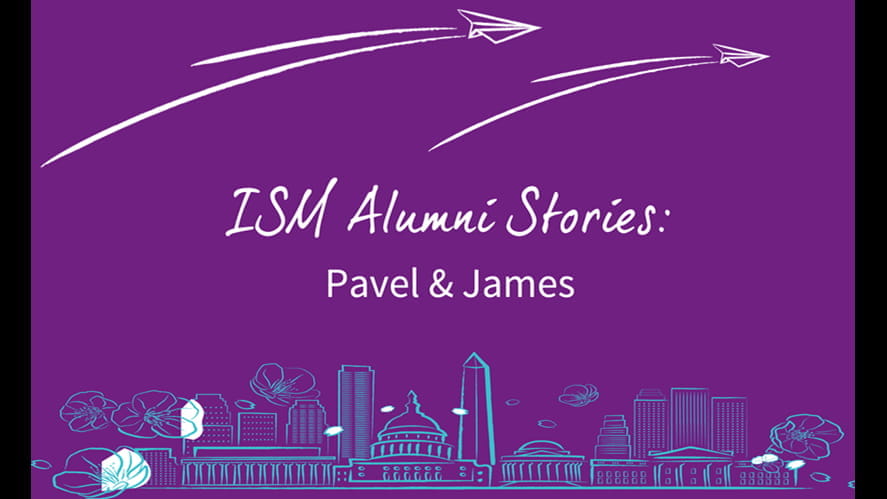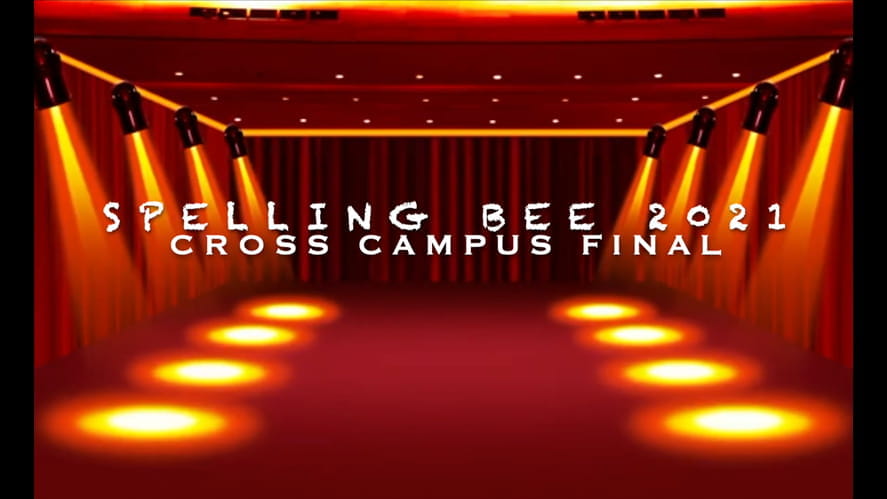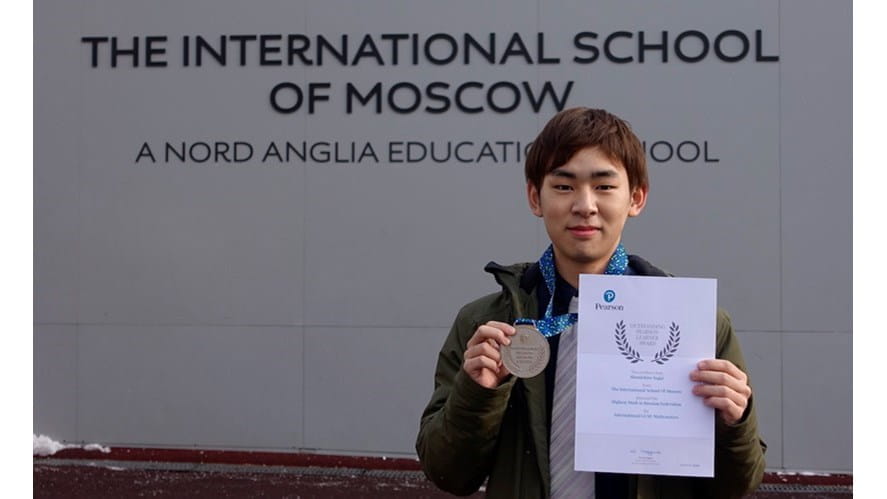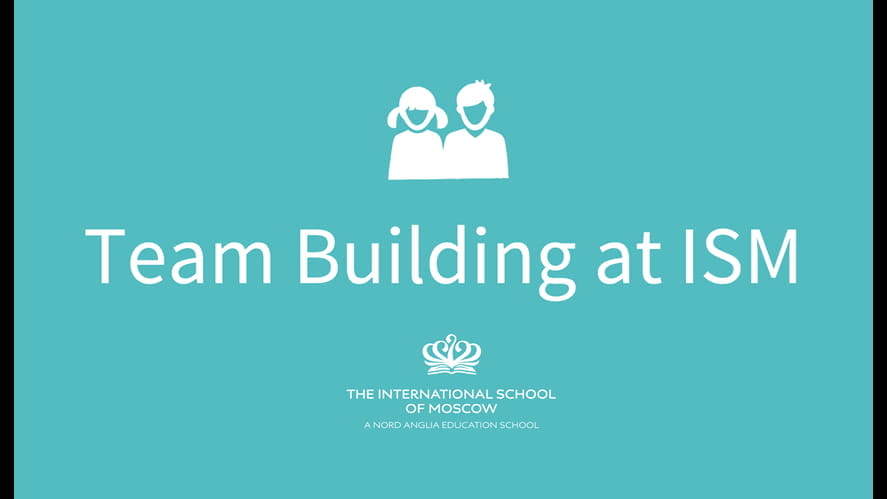Spill some ink with our Creative Writing Competition
An exciting opportunity to work collaboratively with your children on an extended piece of writing.
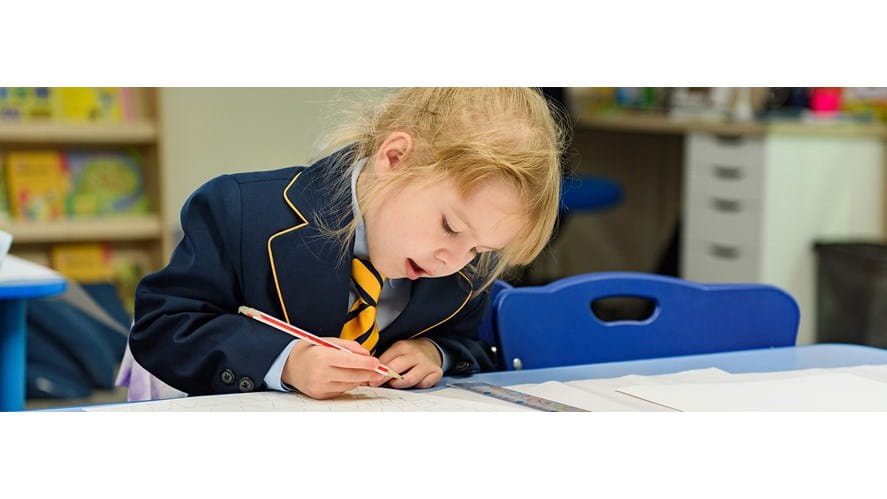
Try your hand at our creative challenge this May and let your imagination wander.
During the May holidays, the many hard-working and diligent students of ISM should enjoy a much deserved break from their studies. However, as there will be many of those who wish to progress and hone their writing skills even during the school break, we will be hosting a rather exciting creative competition (with all entries due by Wednesday the 15th of May). For this competition, I urge you to work closely with your child (or children) to fulfil our requirements.
For this entry, the picture below is our stimulus and will provide the inspiration for the story. In order to plan the story, ask the following key questions about our main character, Jackson:
-
How did he get here?
-
What is he doing here?
-
What is the giant glowing object?
-
How can he escape from this potential danger?
-
Did he plan for this to happen?

Once you have used these questions to create the structure of the piece, you need to think about an engaging beginning or a ‘hook’. Having seen the excellent work produced so far this year, I suggest students (in all year groups) begin with either a rhetorical question, dialogue or onomatopoeia (onomatopoeia is when a word sounds like its meaning). However, students in Upper Primary may wish to use their vocabulary skills to use high level verbs and adjectives to describe the sounds around Jackson. Or, even more ambitiously, they may want to start with a shocking statement to fully engage the reader.
Throughout the piece, a differentiation of skills should become obvious for the different year groups.
-
In Year One, a confidence in using capital letters, full stops and question marks should start to become clear. In their description skills, pronouns and adjectives will be the most desired skills.
-
In Year Two, they should build on the previous year’s skills by starting to use paragraphs by following TiP ToP for each new paragraph (time, person, topic and place), as well as including more ambitious adjectives, speech marks and apostrophes for possession and contraction.
-
In Year Three, the students’ focus should extend to include a consistent use of exclamation marks and commas. Descriptively, using adverbs to explain how a verb was completed now takes a great importance.
-
Moving into Upper Primary, our Year Four students should be aiming to use brackets and inverted commas accurately. When engaging the reader, they should be using sophisticated connectives, ambitious verbs and similes.
-
Year Five students should continue to build on the skills learned in previous year groups by including subordinate clauses, relative pronouns and perhaps even a semicolon.
-
Finally, in Year Six, all of these previous skills should be used alongside the inclusion of asides, alliteration, personification and complex sentences.
Good luck to all entrants!
Written by Michael Graham, English Coordinator






